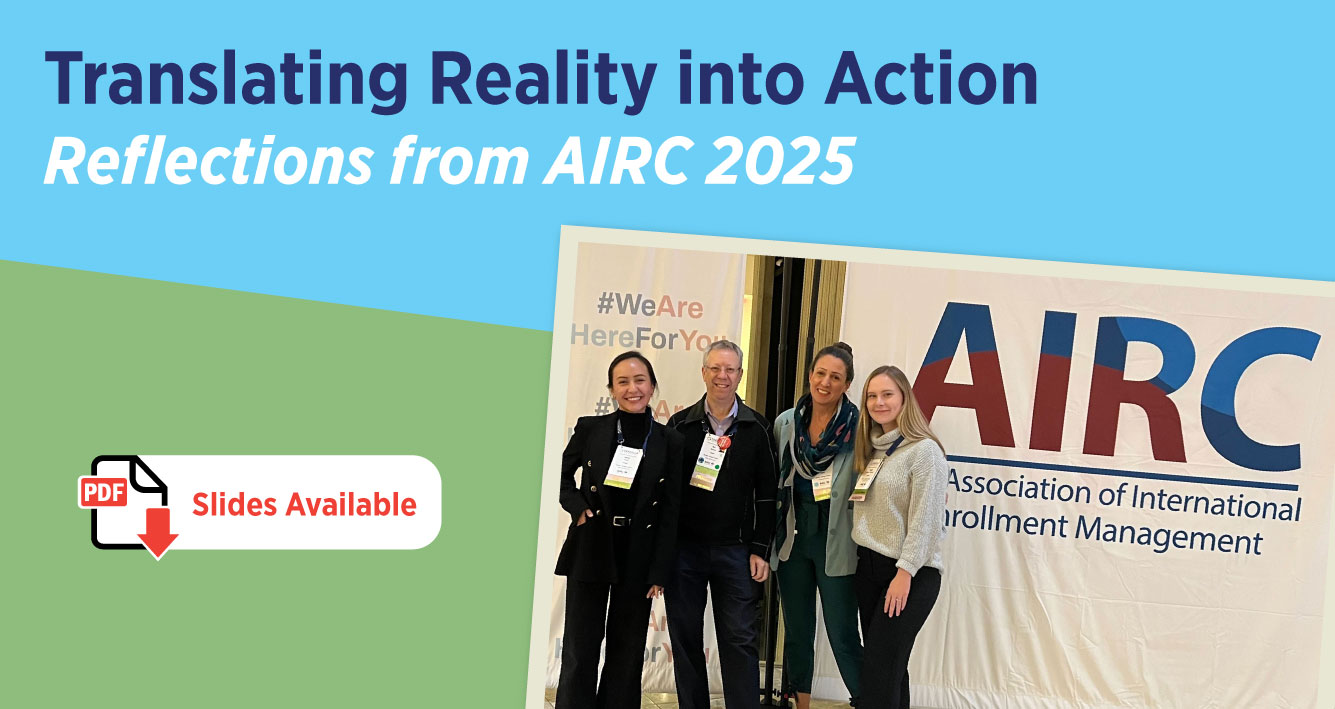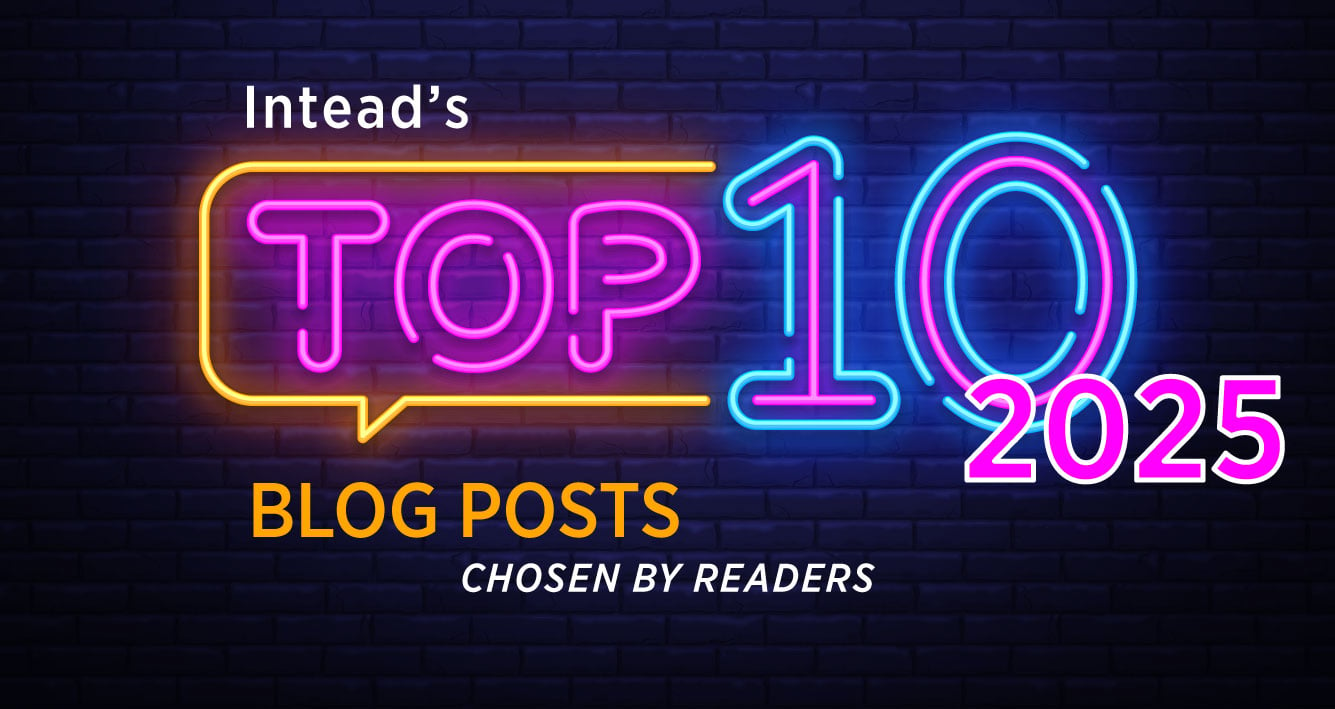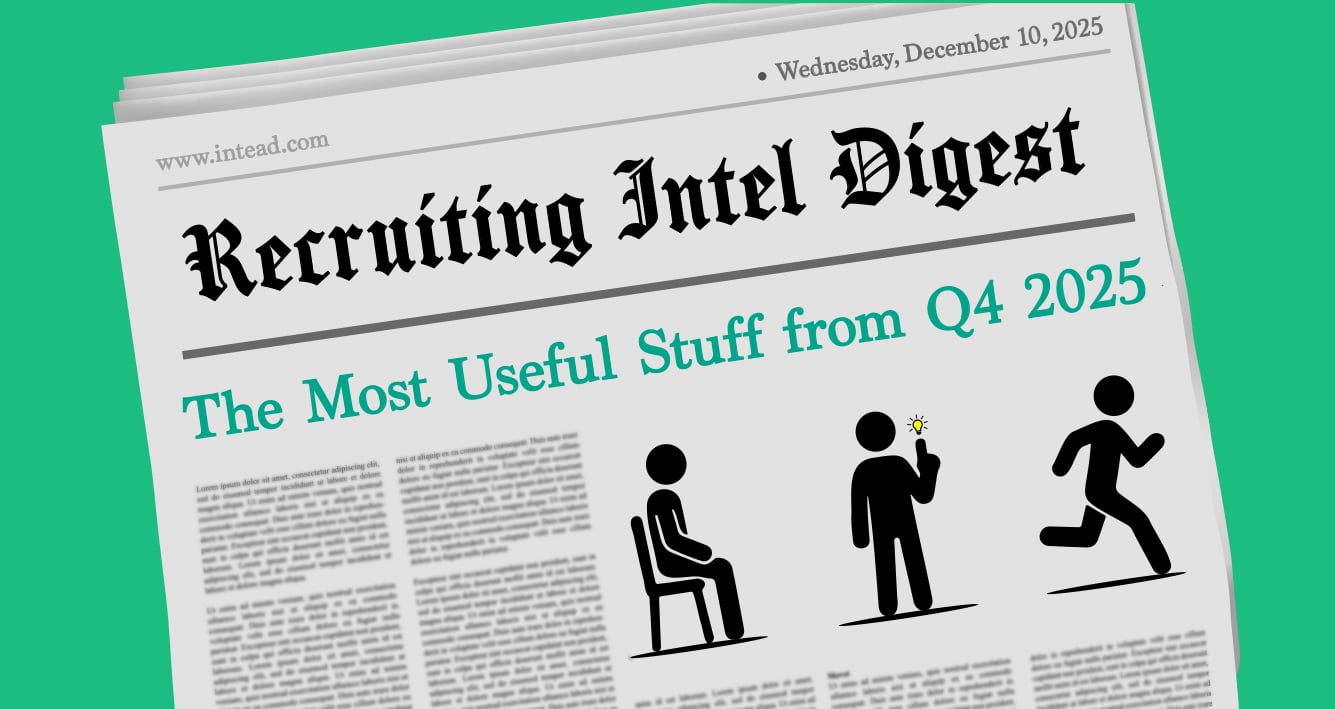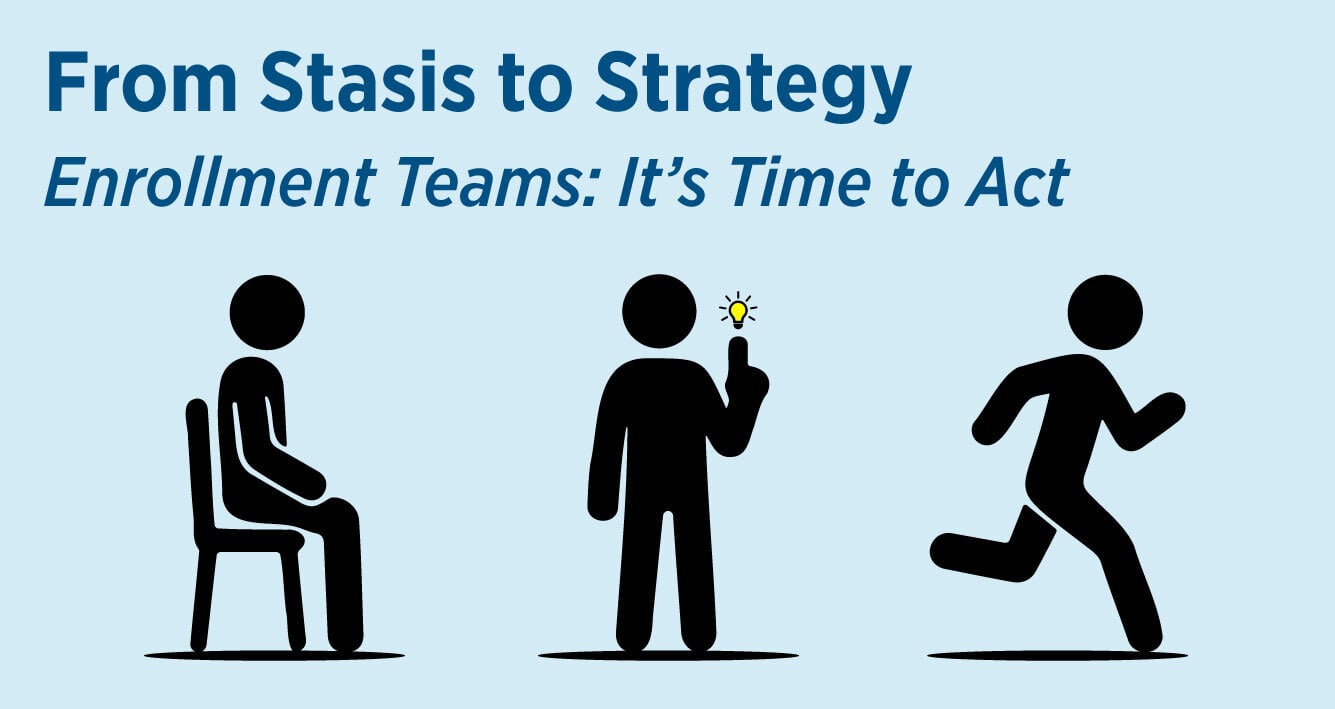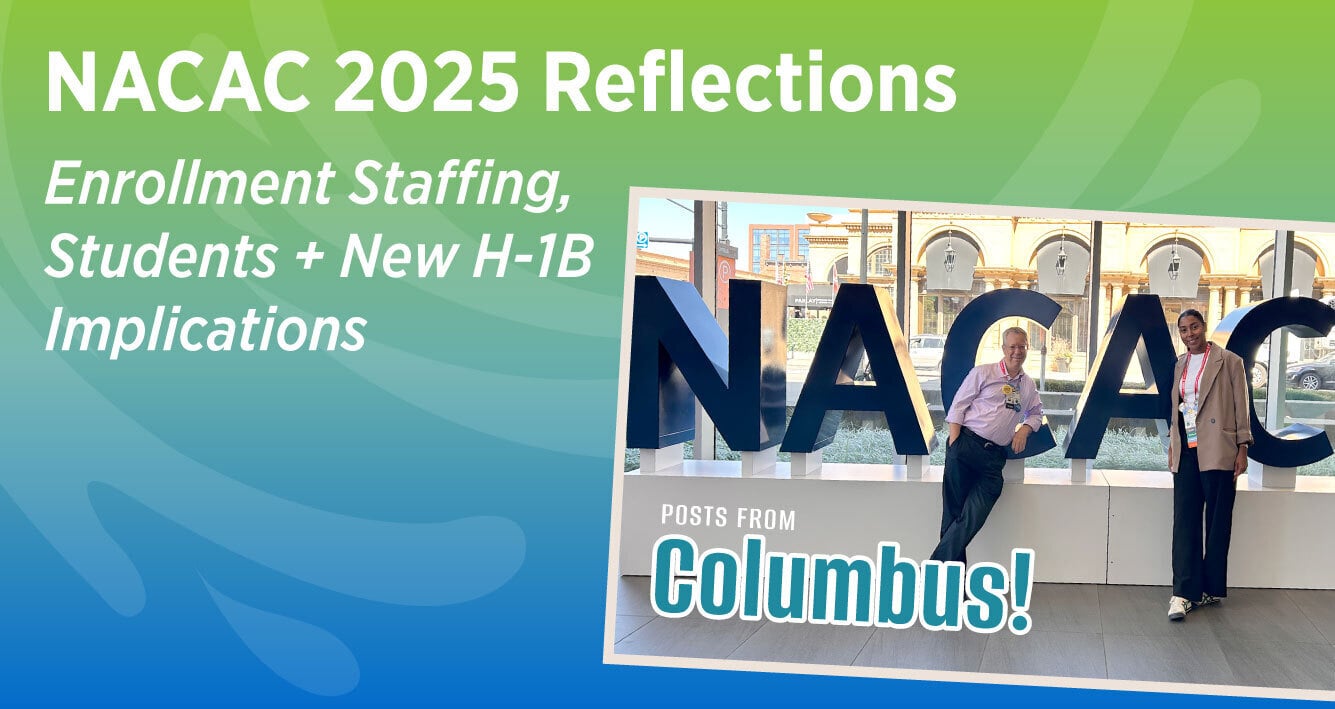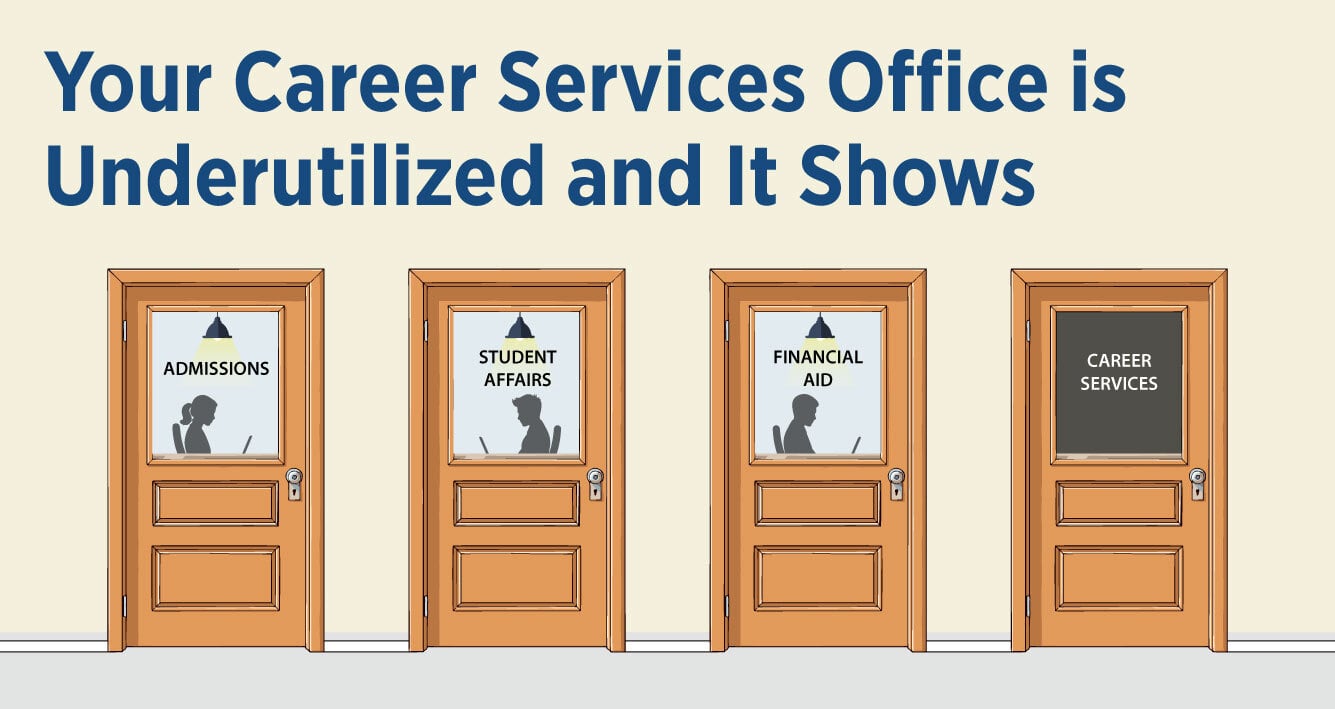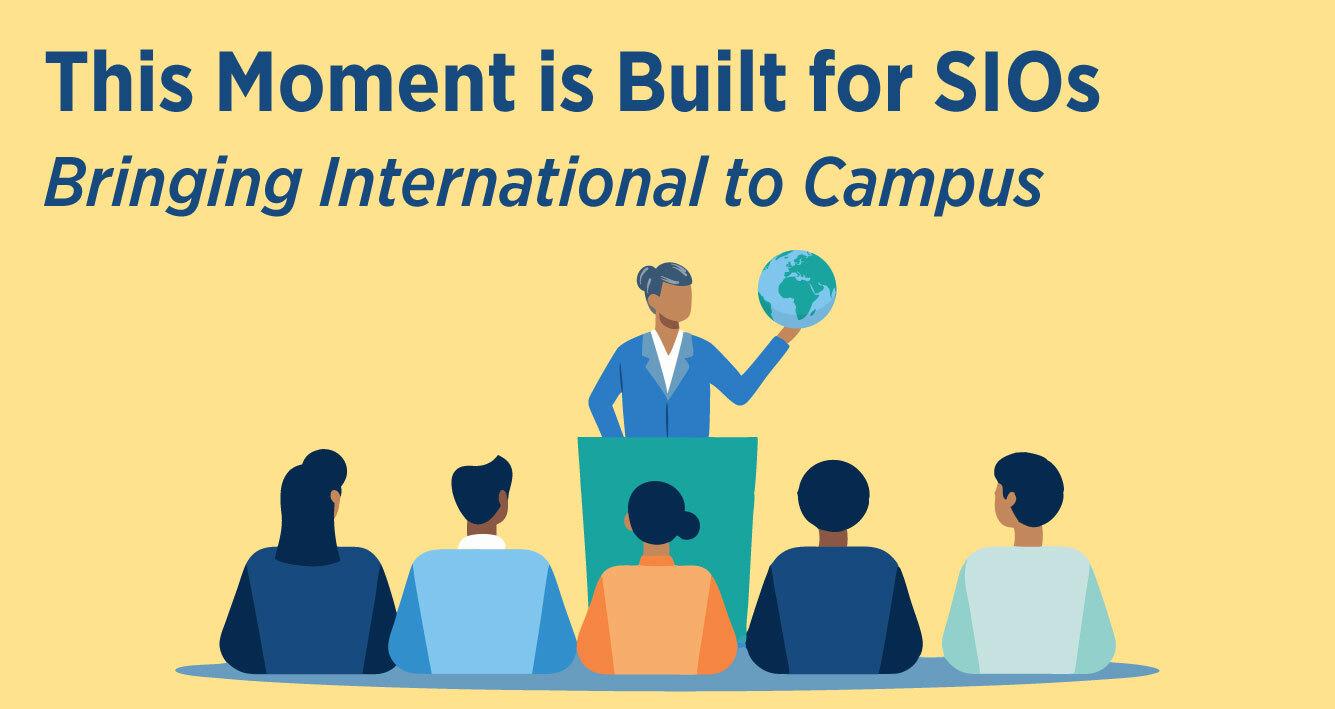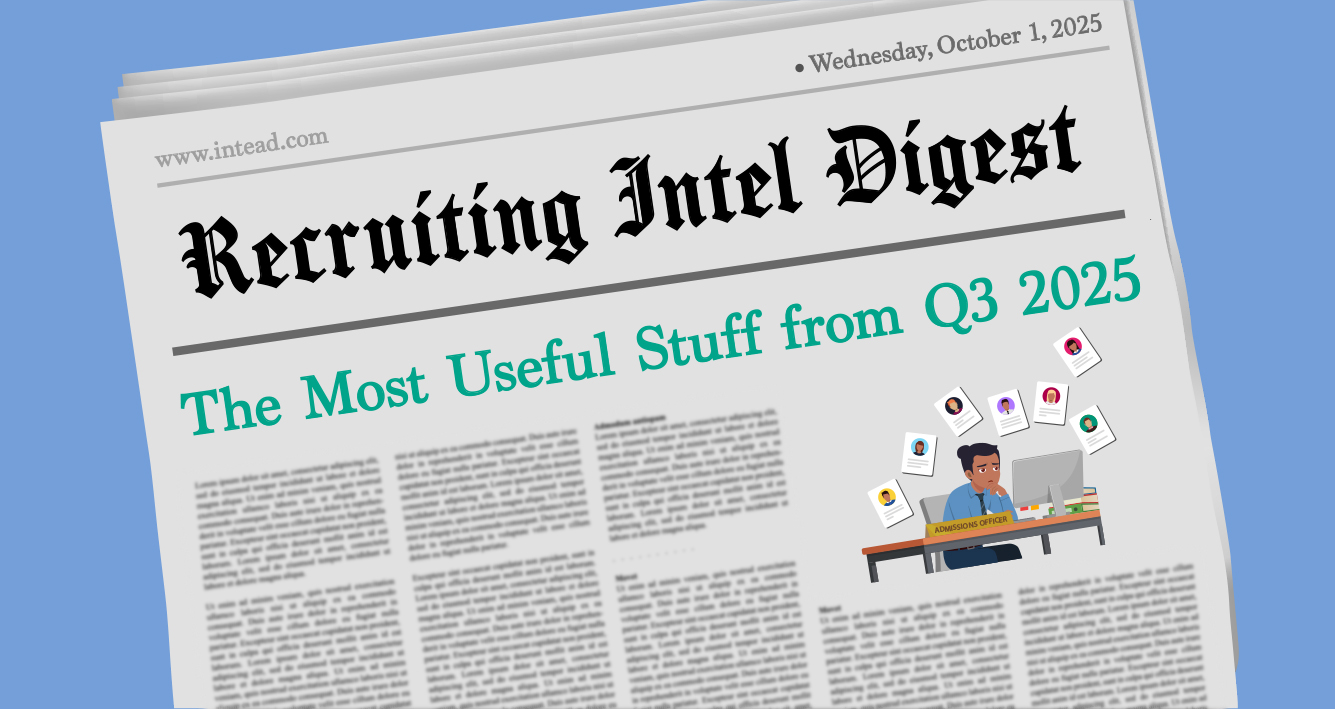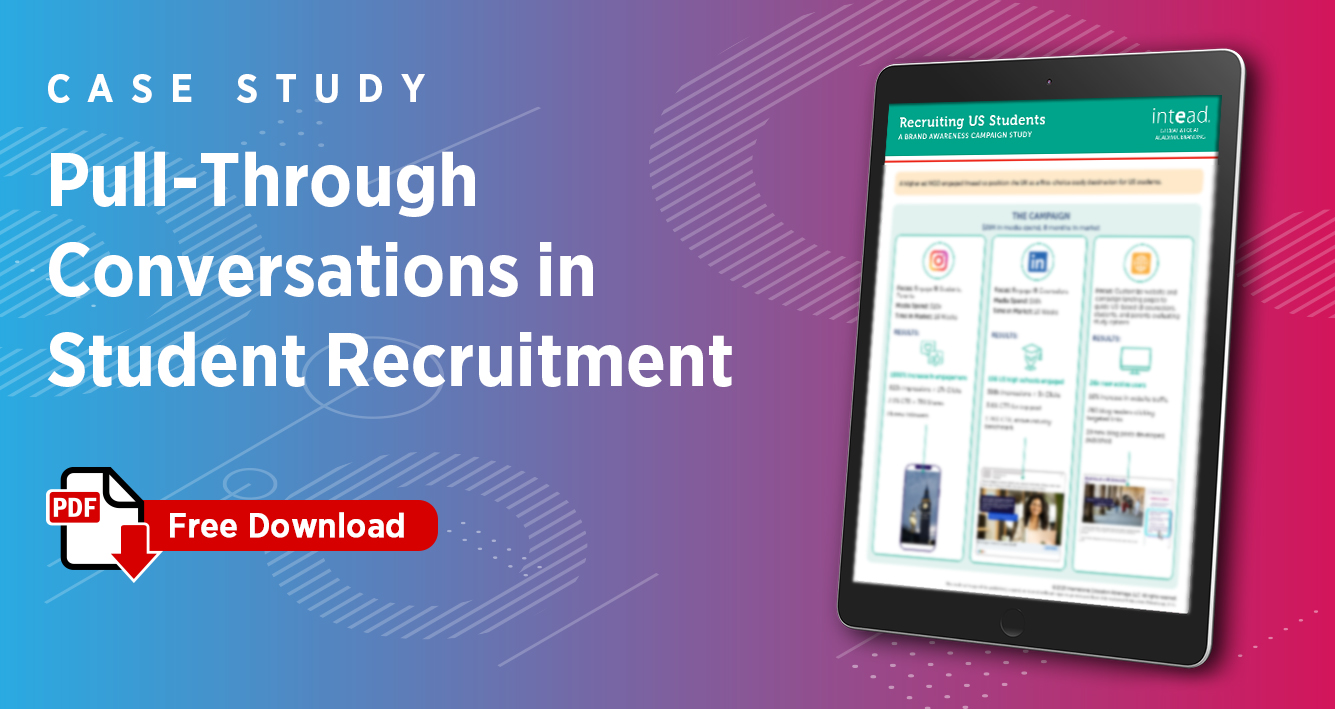Is your leadership happy right now? How about your staff?
We’re talking to you, enrollment leaders. The conversations we are having consistently are about managing up and managing down. The challenge of leading those around you through significant disruption.
Your institutional leadership is rightfully worried about the enrollment future (domestic and international). Your staff are rightfully worried that the current climate is a doomsday scenario for academic institutions. There is a lot of job dissatisfaction going around.
Still, truth is, there have always been times like these. The stressors may be different, the intensity a bit higher, but the anxiety and resulting need for focused work to solve problems are nothing new.
Meet Intead!
- Find us at AIEA in DC in February, WEIC in DC in March, and ASU+GSV in San Diego in April. Be in touch to share a cup of coffee in person.
At the AIRC 2025 conference that just recently wrapped in Atlanta, almost all of the presenters and participants ultimately addressed the question of how to talk to institutional leadership and help them to understand the complexities of internationalization – because most academic leaders are unaware of how the international education community works.
Helpful slides from one of our sessions are available below. They speak to 6 hesitations leadership leans on when deciding not to invest in international and what you might present to them to modify their perspective.
But here’s the focus: institutional leaders do not need to know HOW it all works. They simply need to see the value of it and the investment required. To do that, they need to listen to and trust the messenger (that’s you).
Read on…

